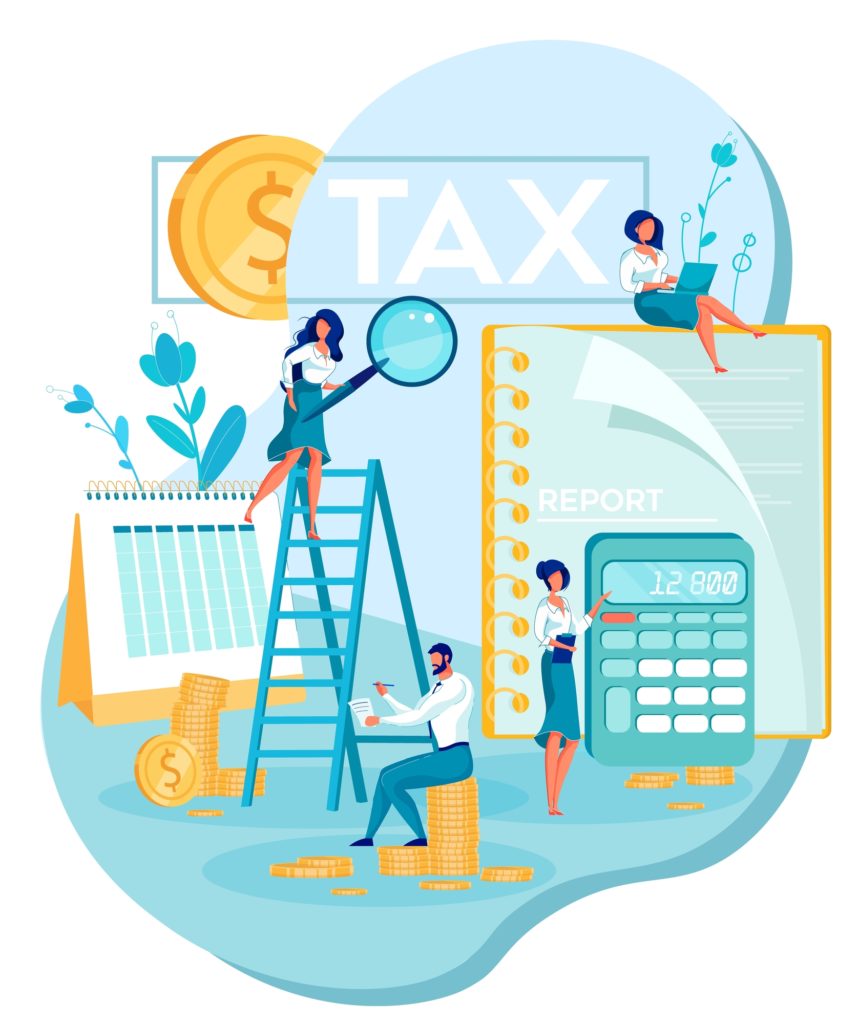 The word “audit” can send chills down almost anyone’s spine. For small business owners, this scary prospect not only involves emotional stress, but also the time and money needed for audit defense…time and money that could be better spent running the business. In recent years, the audit rates have been so low that many owners pushed audit concerns to the back burner. Well, now there’s reason for concern.
The word “audit” can send chills down almost anyone’s spine. For small business owners, this scary prospect not only involves emotional stress, but also the time and money needed for audit defense…time and money that could be better spent running the business. In recent years, the audit rates have been so low that many owners pushed audit concerns to the back burner. Well, now there’s reason for concern.
What could increase audits of small businesses?
There are two key reasons why the audit rate for small businesses may be poised to increase, perhaps dramatically.
| More IRS funding. The Administration has asked for a 10% increase in IRS funding so the agency can increase its enforcement activities. The main aim is likely directly at wealthy individuals and large corporations because, in the words of Willie Sutton, “that’s where the money is.” But “wealthy individuals” in the Administration’s view includes couples with income over $400,000. This definition easily encompasses many small business owners, who pay tax on their business’s profits even though their personal take is modest. | |
| Perception that small businesses aren’t paying what they should. According to the Pew Research Center, the majority of Americans are bothered by a feeling that the wealthy (again, see what’s considered wealthy) aren’t paying their fair share. This bothers them more than the complexity of the tax system or even the amount of taxes they pay. |
Which small businesses are most vulnerable?
Not all small businesses need to fear they are in the IRS’s audit sites. Even if audit rates increased dramatically, only a small fraction of small businesses would be affected. But some that may be more vulnerable than others include:
| Cash businesses. Businesses that primarily take payments in cash rather than through credit cards, bank transfers, or other payment methods that leave a paper trail are always ripe for audit. For example, according to a survey by Food Truck Empire, over 85% of food trucks gross over $100,000, with 50% grossing more than $150,000; much of this revenue is from payments in cash. | |
| High income small business owners. As explained earlier, owners who file jointly and earn more than $400,000 are considered “high income” and are part of the Administration’s plan to crack down on these perceived “nonpayers.” | |
| Schedule C filers. Traditionally, the audit rates on sole proprietors filing Schedule C with their Form 1040 have been higher than audit rates on other types of entities—small C corporations, S corporations, or partnerships. |
What to do?
Certain commonsense business practices may go a long way in minimizing audit risk and ensuring a good outcome even if selected for audit:
- Maintain good records of business income and expenses. There’s no substitute for this and no excuse to be sloppy or incomplete. Accounting software, such as Quickbooks, doesn’t require any math skills; just input your income and expenses on a regular basis.
- Check IRS audit technique guides for your industry. Learn what the IRS tells its examiners to look for in an audit. There’s an audit guide devoted to cash intensive businesses, such as beauty salons, bail bonds, car washes, laundromats, and convenience stores/mini-marts.
- Avoid audit red flags. Historically, some business owners have thought that claiming a home office deduction was an audit red flag, but in recent years there has been no indication of this. However, certain forms are almost certain audit triggers:
- Form 5213, Election to Postpone Determination as to Whether the Presumption Applies That an Activity Is Engaged in for Profit. This form gives breathing room for an activity that might be viewed as a hobby, but almost guarantees an IRS audit at the end of the election period (generally 5 years, but 7 years for certain horse activities).
- Form 8082, Notice of Inconsistent Treatment. This form may be filed by owners of pass-through entities when they want to report items on their personal returns that differ from the treatment reported on the entities’ returns.
- Work with a trusted accountant. The IRS is continually looking for tax return preparers with shady practices. Once found, the IRS then looks at their clients. Don’t become one of them. Be sure your CPA or other tax adviser knows current tax rules and best practices, and advises you about them.
Final thought
“Worried about an IRS audit? Avoid what’s called a red flag. That’s something the IRS always looks for. For example, say you have some money left in your bank account after paying taxes. That’s a red flag.” – Jay Leno


